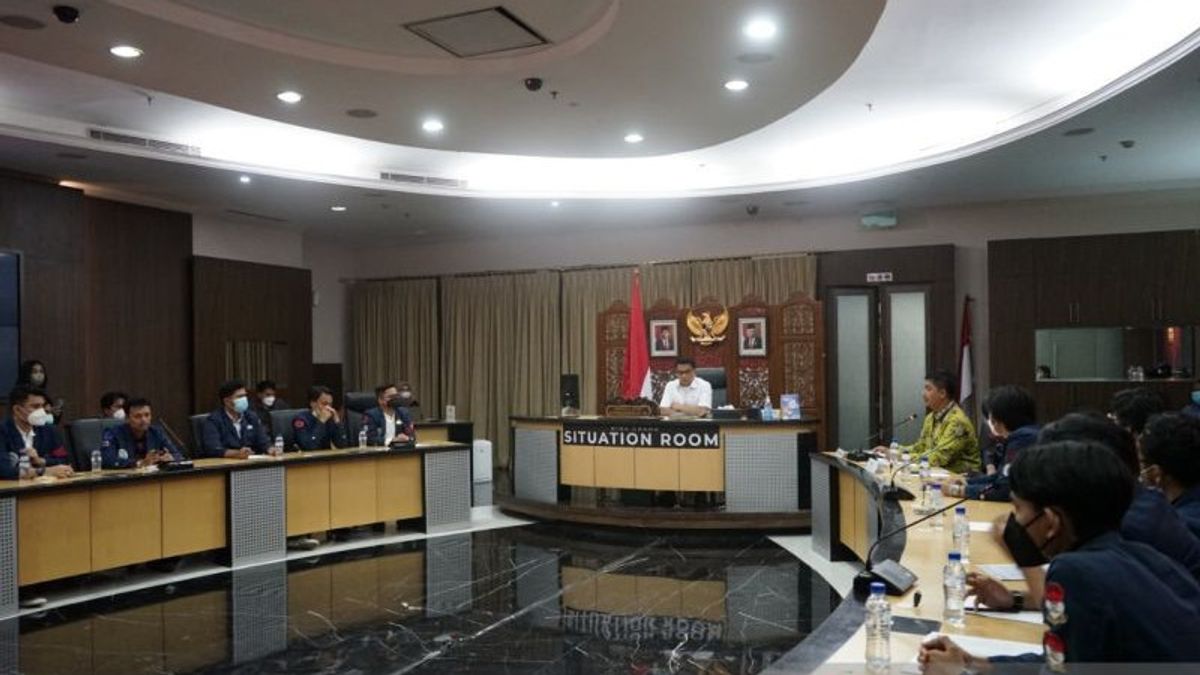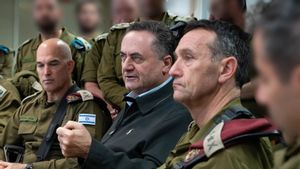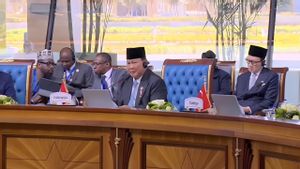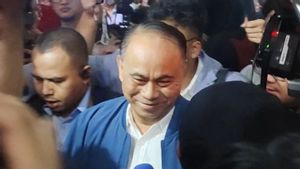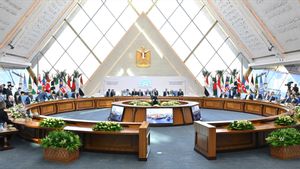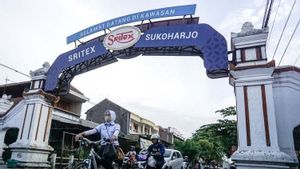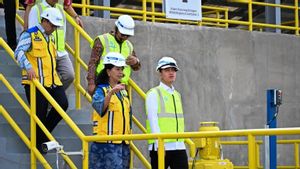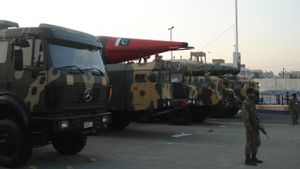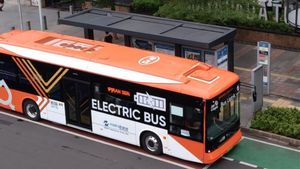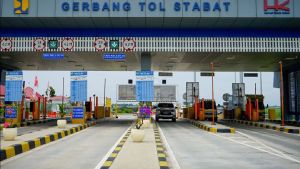JAKARTA - Presidential Chief of Staff (KSP) Moeldoko received representatives of Trisakti University students as a follow-up to a demonstration by students on Thursday, May 12 to discuss a number of cases of alleged human rights violations.
Trisakti University BEM President Fauzan Raisal Misri revealed that representatives from 6 Trisakti campuses came to the Presidential Staff Office (KSP) to question the government's efforts to resolve human rights issues, whether that happened to Trisakti students or other human rights violations.
"Not only about Trisakti, but also about Semanggi I-II, and other human rights violations," said Fauzan in an official statement received in Jakarta, Antara, Wednesday, May 18.
Fauzan described a number of unresolved human rights issues, especially those that occurred on May 12, 1998. He touched on the sustainability of the welfare of the victims' families, the title of hero for reform fighters, and trials for perpetrators of human rights violators in 1998.
"Previously, we thank you, after 24 years the government finally provided assistance to the families of the victims some time ago. But what about the continuation," said Fauzan.
In response to this, KSP Moeldoko ensured that the government would not remain silent and would continue to prioritize past human rights violations. The government continues to seek to resolve allegations of gross human rights violations, both judicially and non-judicially.
Judicial settlement will be used for new cases of alleged gross human rights violations (occurring after the enactment of Law No. 26 of 2000 on Human Rights Courts).
Meanwhile, cases of alleged past gross human rights violations (occurring before November 2000), Moeldoko added, will prioritize settlement through non-judicial approaches, such as through the Truth and Reconciliation Commission (TRC).
"The 1998 Trisakti case falls into the category of past gross human rights violations which ideally should be resolved through non-judicial mechanisms," he said.
The former TNI Commander explained that Law No. 26 of 2000 on the Human Rights Court did allow the settlement of past gross human rights violations through the courts. However, according to him, of course you have to wait for a political decision by the DPR.
Even though the court has yet to be held, Moeldoko emphasized that the government is still trying to ensure that the victims continue to receive assistance and recovery from the state.
For this reason, on May 12, 2022, the Minister of SOEs provided housing assistance to 4 families of Trisakti victims.
The government through the Coordinating Ministry for Political, Legal and Security Affairs is finalizing a non-judicial policy draft (Truth and Reconciliation Commission) and ensuring that the Paniai Human Rights Court is running.
"With this approach, we hope that the Trisakti, Semanggi I and II cases, the May 98 case and others can also be resolved," he concluded.
The English, Chinese, Japanese, Arabic, and French versions are automatically generated by the AI. So there may still be inaccuracies in translating, please always see Indonesian as our main language. (system supported by DigitalSiber.id)
